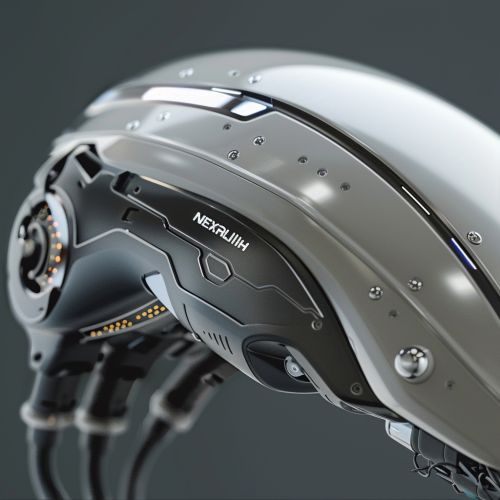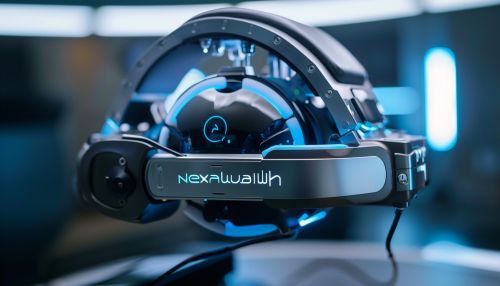Neuralink
Introduction
Neuralink is an American neurotechnology company founded by Elon Musk and others in 2016. The company's main goal is to implant wireless brain–machine interfaces with the aim of helping humans merge with artificial intelligence and curing neurological conditions.
History
Neuralink was founded in July 2016 by Elon Musk, Max Hodak, Ben Rapoport, Dongjin Seo, Paul Merolla, Philip Sabes, and Tim Gardner. The company was first publicly reported in March 2017. Since its inception, Neuralink has hired several high-profile neuroscientists from various universities. By July 2019, it had received $158 million in funding (of which $100 million was from Musk) and was employing a staff of 90 employees. At that time, Neuralink announced that it was working on a "sewing machine-like" device capable of implanting very thin (4 to 6 μm in width) threads into the brain, and demonstrated a system that read information from a lab rat via 1500 electrodes. They had anticipated starting experiments with humans in 2020.


Technology
The technology behind Neuralink involves a module placed outside the head that wirelessly receives information from thin flexible electrode threads embedded in the brain. The system is intended to reach a high bandwidth by increasing the number of electrodes. The company is aiming to make the installation of the technology as non-invasive as possible, similar to LASIK eye surgery.
The threads are significantly thinner than a human hair, and their small size is intended to minimize damage to the brain during insertion. The threads are inserted using a precision robot to avoid blood vessels and reduce inflammation and other forms of damage. Once inserted, the threads intercept signals from neurons and transmit them to the outside module, which then sends the signals to a computer for interpretation.
Applications
Neuralink's technology has potential applications in a number of areas. These include the treatment of various brain disorders, the restoration of sensory and motor function, and the improvement of memory and cognition. In the long term, Musk envisions the possibility of human enhancement to prevent humans from being left behind by advancements in artificial intelligence.
Criticism and Controversy
Despite the potential benefits of Neuralink's technology, it has also been met with criticism and controversy. Some experts have expressed skepticism about the feasibility and safety of the technology, while others have raised ethical concerns about the potential for misuse. There are also concerns about the long-term effects of having foreign objects implanted in the brain.
Future Developments
Neuralink continues to develop and refine its technology. The company has stated that it aims to begin human trials as soon as it receives approval from the U.S. Food and Drug Administration. In the future, Neuralink hopes to develop a fully implantable device that can wirelessly transmit data to and from a cloud-based supercomputer.
